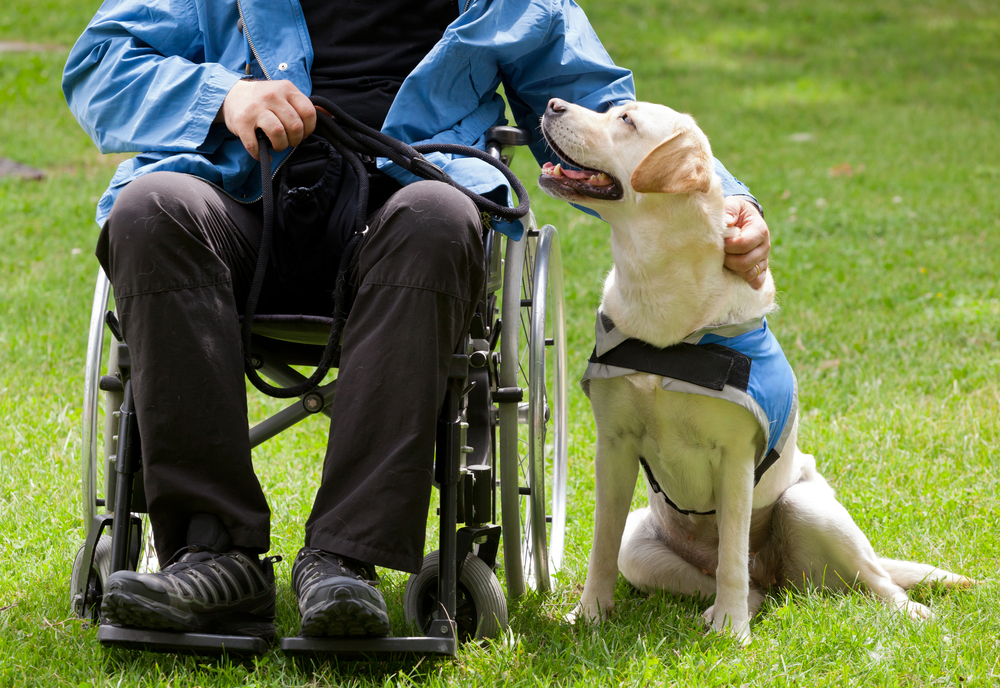Seasonal care checklist to reduce common outdoor hazards for companions
Outdoor seasons bring changing hazards for companion animals. A seasonal care checklist helps owners anticipate risks—from ticks and heat to icy surfaces and toxic plants—while balancing nutrition, grooming, vaccination status, and mobility needs. This overview highlights practical steps to keep pets safer during walks, travel, and play throughout the year.

This article is for informational purposes only and should not be considered medical advice. Please consult a qualified healthcare professional for personalized guidance and treatment.
Safety
Seasonal safety depends on anticipating common outdoor risks and adjusting care accordingly. In warm months, monitor for heat stress, sunburn on light-coated animals, and open-water hazards. During cooler seasons, watch for antifreeze spills, salt on sidewalks, and ice that can cause slips or paw damage. Train pets to respond to recall near roads and wildlife, and use reflective gear during short daylight periods. Safety planning also includes checking local services for poison control and having identification and up-to-date vaccination records when traveling.
Grooming
Grooming routines change with the seasons and can reduce outdoor hazards. Regular brushing removes loose fur and deters mats that trap moisture and parasites. In spring and summer, check frequently for ticks and fleas after outdoor time; trimming long fur around paws helps prevent burrs and foxtails from embedding. In colder months, keep fur and paw fur trimmed to avoid ice accumulation and salt build-up. Dental checks should occur year-round as part of grooming because oral health impacts overall health and activity levels.
Vaccination
Outdoor activity increases exposure to infectious agents and parasites, so review vaccination and parasite prevention plans seasonally. Discuss with a veterinarian which vaccinations or booster schedules are appropriate based on local disease prevalence and travel plans. Maintain year-round flea, tick, and heartworm prevention as recommended for your area. Keep vaccination records accessible for boarding, adoption checks, or emergency transfers, and verify that care providers in your area require or accept current vaccination documentation.
Nutrition
Seasonal changes and activity levels affect dietary needs. Increased exercise in warmer months may require more calories or hydration support, while cooler months can call for slightly higher energy intake for some active animals. Monitor body condition regularly and adjust portion sizes rather than treating frequently with high-calorie snacks. For senior or mobility-impaired companions, choose diets that support joint health and dental care as advised by a veterinary professional. Always provide fresh water during outdoor outings and avoid feeding animals food that could be toxic when found outdoors.
Emergency
Prepare for season-specific emergencies by assembling a compact first-aid kit that includes bandages, tweezers (for ticks or splinters), digital thermometer, and contact information for your veterinarian and local emergency clinic. Learn signs of heatstroke, hypothermia, allergic reactions, and poisoning. If traveling, carry a copy of medical records and vaccination history. Training in basic first aid and knowing where emergency services are located in your area can reduce response time and improve outcomes for sudden outdoor incidents.
Seniorcare and mobility
Older companions have unique outdoor-care needs that reduce hazard exposure while maintaining enrichment. Slower walks, low-impact surfaces, and protective footwear can ease mobility and protect paws from hot pavement, ice, or rough terrain. Consider ramps or portable pet stairs for access to vehicles during travel. Adjust training and behavior expectations as mobility changes, and provide enrichment that matches physical ability—scent games or short supervised outdoor sessions rather than prolonged exercise. Regular health checks for arthritis, dental issues, and weight management support safer outdoor experiences.
Incorporating seasonal checks into routine pet care—covering vaccination, grooming, nutrition, training, and emergency preparedness—reduces common outdoor hazards for animal companions. Consistent attention to evolving risks, paired with local services and professional veterinary advice, helps maintain health and wellbeing across the year.





